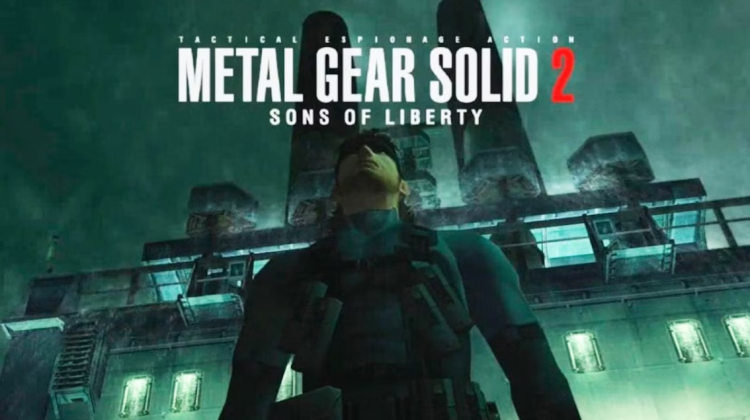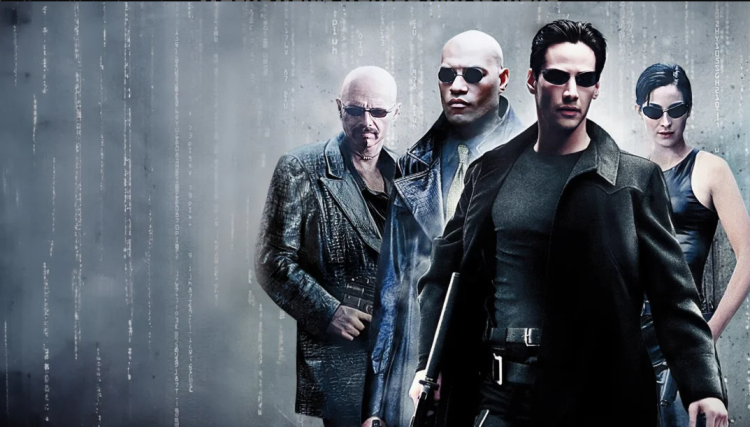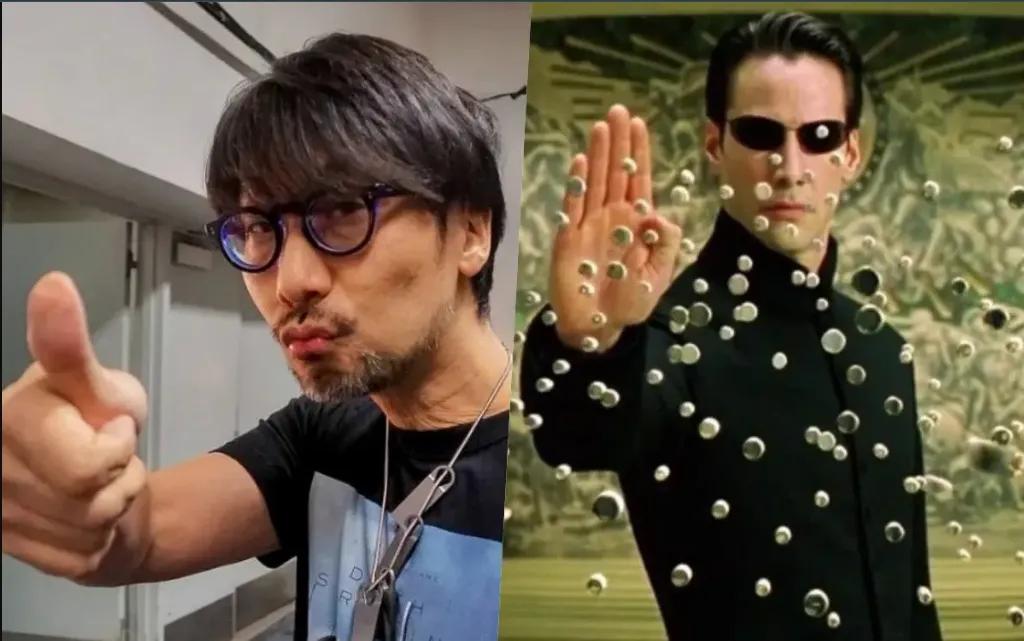Hideo Kojima visste aldrig att Wachowski-familjen ville att han skulle göra ett Matrix-spel
More than twenty-five years after The Matrix reshaped popular cinema, a story has surfaced about a project that never was: a Matrix video game directed by Hideo Kojima. The idea, once rumored to have reached Konami’s boardroom in 1999, might have united two creative forces already attuned to one another’s obsessions with simulation, identity, and control. Yet according to Kojima, that proposal never made it past an internal executive.
The account originated this month from Christopher Bergstresser, a former vice president of licensing at Konami Digital Entertainment. Speaking to Time Extension, he described how the Wachowski sisters, fresh from the success of their debut film, had approached Konami about a possible game adaptation. The directors were said to have been admirers of Metal Gear Solid and eager to work with its designer. But Bergstresser claimed the pitch was abruptly rejected by Kazumi Kitaue, then head of Konami’s consumer software division, who wanted Kojima to focus on Metal Gear Solid 2: Sons of Liberty.
In Bergstresser’s recollection, the Wachowskis and their visual-effects collaborator visited Konami’s Tokyo headquarters, sat down with Kojima’s team, and made their case directly. The response, he said, was immediate and final: No. A promising meeting dissolved into polite small talk and, later that evening, the Japanese premiere of The Matrix—an event attended by both parties, now connected only by the counterfactual question of what might have been.
Kojima, who was at that time vice president of Konami Computer Entertainment Japan, has now confirmed that a meeting between Kitaue and the Wachowskis did occur. But on X, he wrote that he had never been told of any offer.
“I was surprised to see on social media that the Wachowski sisters had ‘offered me a Matrix game project!’ back in 1999,” he said. “In all these 26 years, no one ever told me such a conversation had taken place.”
He described a series of encounters with the filmmakers during The Matrix’s Japanese press tour—three in total, including a one-hour discussion held without an interpreter. “At the time, we were mutual fans and exchanged emails,” Kojima wrote. “When the Wachowskis came to Japan for promotion, I believe I met them three times.” He remembered that day clearly: a morning interview for Famitsu in Shinjuku with artist Geof Darrow, an afternoon visit by the Wachowskis to Konami’s headquarters for their meeting with Kitaue, and an evening premiere and afterparty where Kojima met producer Joel Silver. “Even then,” he added, “there was no mention of an offer.”
His thread concluded with a familiar trace of regret, grounded in realism rather than nostalgia.
“At that time, I was already extremely busy with MGS2 and probably couldn’t have accepted the offer right away. But if someone had told me, maybe there could’ve been a way to make it work.” — Hideo Kojima
The revelation ends decades of speculation among fans who long suspected that early discussions had taken place. Reports from 1999 suggested that Konami was considered a leading candidate for the adaptation after the film’s critical success, though no official confirmation had ever surfaced. In Kojima’s own development diary for Metal Gear Solid 2, written that same year, he noted similarities between footage from The Matrix trailer—specifically Neo’s wall-running sequence—and an unreleased character concept named Chinaman, implying at least a shared creative wavelength.

Whether the Wachowskis’ proposal could have changed the direction of The Matrix’s later games remains a matter of conjecture. The project ultimately went to Atari and Shiny Entertainment, who produced Enter the Matrix in 2003 and The Matrix: Path of Neo in 2005. Both are tied directly into the films’ universe, incorporating live-action footage shot by the Wachowskis themselves. Critical reception was mixed. “The blue pill never looked so tasty,” wrote Tom Bramwell in Eurogamer’s 4/10 review of Enter the Matrix. Path of Neo fared better, earning a 7/10 and modest praise for ambition if not execution.
Shiny’s work was followed by The Matrix Online, a Warner Bros.-backed MMO that continued the franchise’s story after Revolutions. The game lasted four years before its servers were shut down, but not before it canonically killed Morpheus—a decision sanctioned by the Wachowskis and still debated in fan circles. Compared with that experimental but uneven trajectory, the notion of a Kojima-led Matrix game carries a certain symmetry: both Metal Gear Solid 2 and The Matrix interrogated virtual worlds, artificial control, and the instability of identity at the dawn of the digital century.

In hindsight, Konami’s caution was predictable. By 1999, Kojima’s sequel to Metal Gear Solid had already begun its demanding production cycle, absorbing staff and resources across divisions. Allowing its director to embark on a Hollywood-licensed project might have jeopardized one of the company’s most valuable internal properties. Yet the decision also marks an early instance of a pattern that would eventually define Kojima’s relationship with Konami—creative independence constrained by corporate pragmatism.
Kojima’s statement carries no resentment, only curiosity about what might have been. The Wachowskis, meanwhile, never revisited the idea of another major game after 2005. Their storytelling would move toward television and experimental cinema, while Kojima’s path led through Metal Gear Solid 3, 4, and eventually Death Stranding, where the cinematic and interactive finally merged on his own terms.
The resurfaced anecdote underlines how narrow the margins can be between collaboration and missed opportunity. A single unshared message—lost in the channels of corporate hierarchy—separated one of gaming’s most distinctive auteurs from the architects of a film that reshaped visual language. What remains now is a trace: the memory of overlapping ambitions and the quiet admission, from both sides, that something extraordinary might have taken shape had the right words been passed along at the right time.
Read also: A24’s upcoming Death Stranding film will chart new territory rather than rework the game’s narrative. Announced during Kojima Productions’ tenth anniversary showcase, the project is described as an original story set within the same universe, expanding on its world instead of retelling Sam Porter Bridges’ journey.

Kommentarer